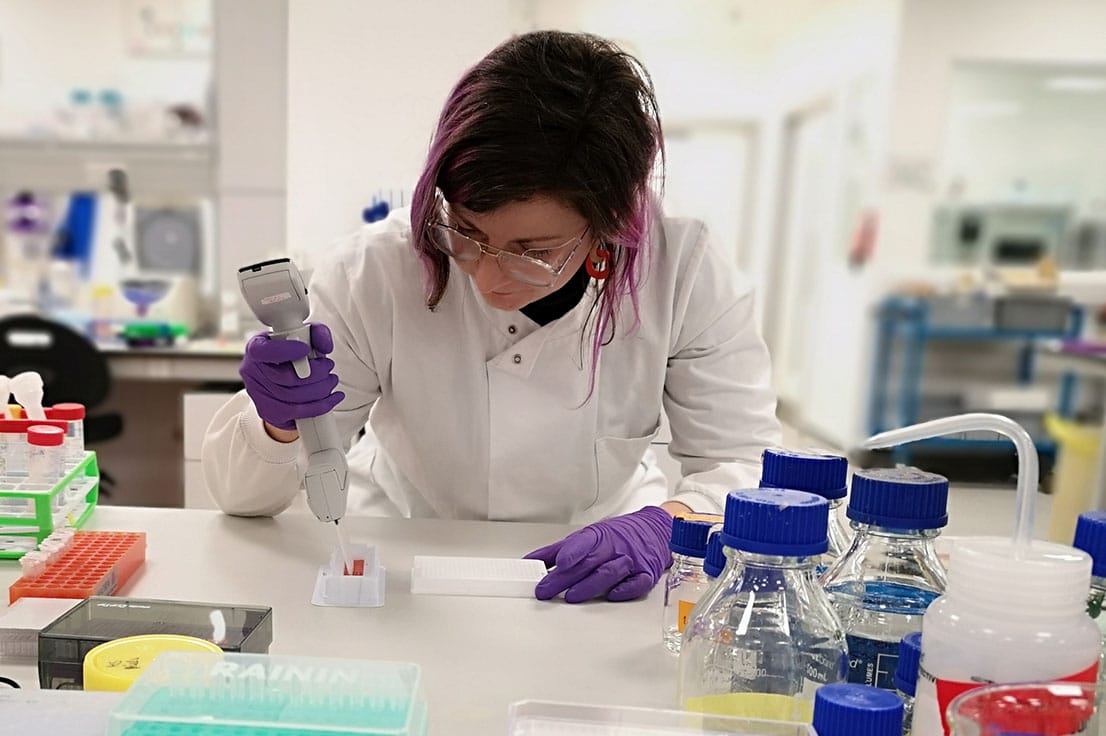LifeArc’s Seed Fund has invested £1.5 million in Ducentis BioTherapeutics to develop novel drug therapies for inflammatory and autoimmune disease
14 June 2019: LifeArc, a UK-based medical research charity, has made a £1.5 million investment in Ducentis BioTherapeutics from its Seed Fund to develop novel therapies for the treatment of autoimmune disease. These monies will fund pre-clinical studies with novel candidate molecules targeting the CD200/CD200R axis. This pathway plays a key role in restoring immune homeostasis and reducing exaggerated and unwanted immune responses mediated by myeloid lineage immune cells. The aim of these studies is to deliver candidate molecules ready for first-in-man clinical trials.
This move marks the first significant investment for the LifeArc Seed Fund—established to translate promising pre-clinical medical research into health benefits. The fund focuses on priority disease areas where patient need is greatest and there is a clear route to clinical proof of concept.
Dr David Holbrook, LifeArc’s Head of Seed Funds, said: “We are very excited to be working with Ducentis in helping to optimise this highly innovative approach to immune modulation to benefit patients.”
Dr Phillip Huxley, CEO, and Dr Rebecca Ashfield, CSO, formerly of the Jenner Institute at the University of Oxford, commented: “We are delighted by LifeArc’s commitment to build on our work at Ducentis, and that of Professor David Blackbourn at the Universities of Glasgow and Birmingham. Ducentis will focus on progressing novel CD200 molecules into translational and clinical studies with patients suffering from autoimmune conditions with significant disease burden and poor standard of care.”
Jon Rees Associates provided Ducentis with investor relations expertise and was instrumental in orchestrating the current funding round.
– Ends –
Media contact
Surinder Maan
Communications Manager
LifeArc
surinder.maan@lifearc.org




